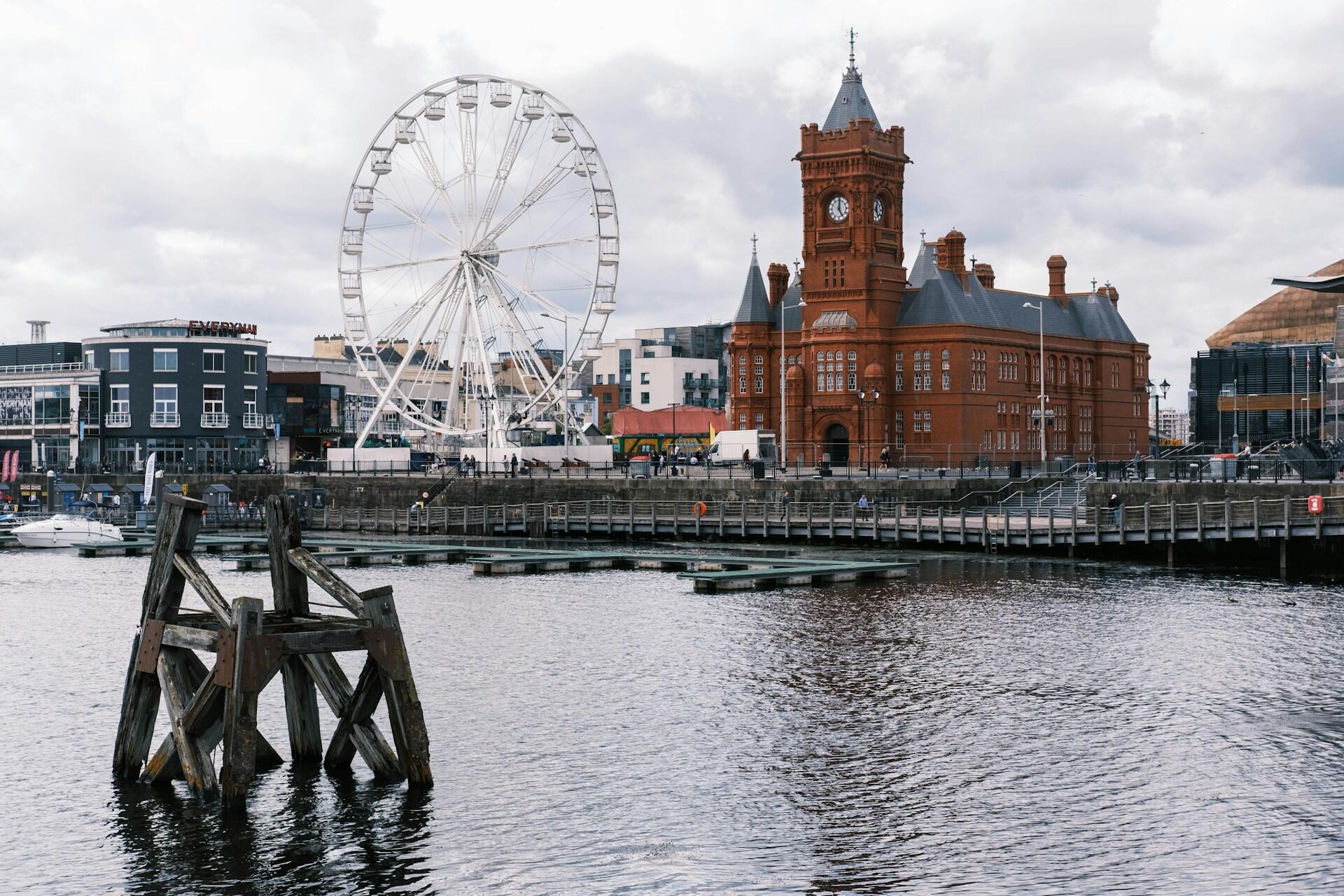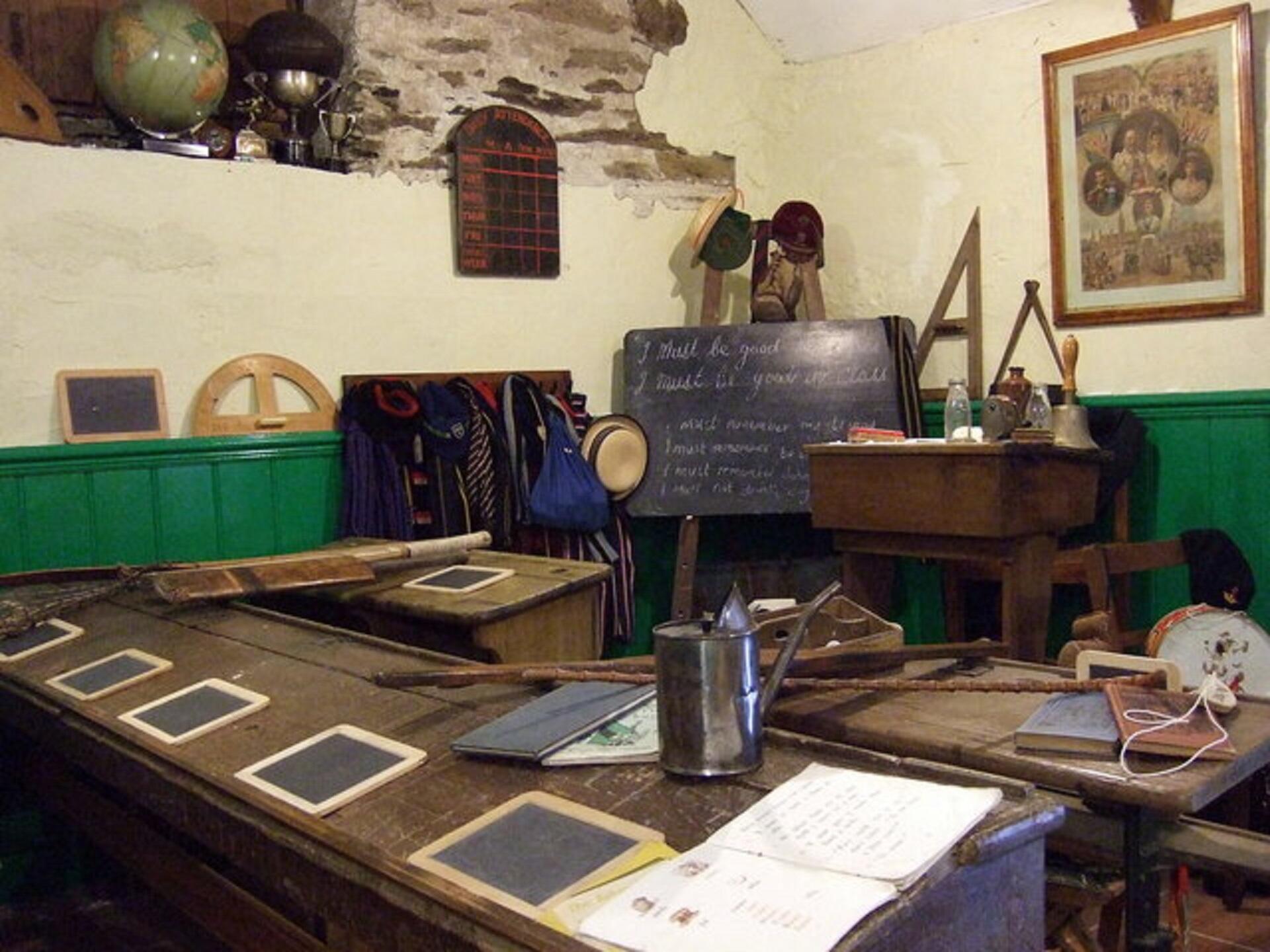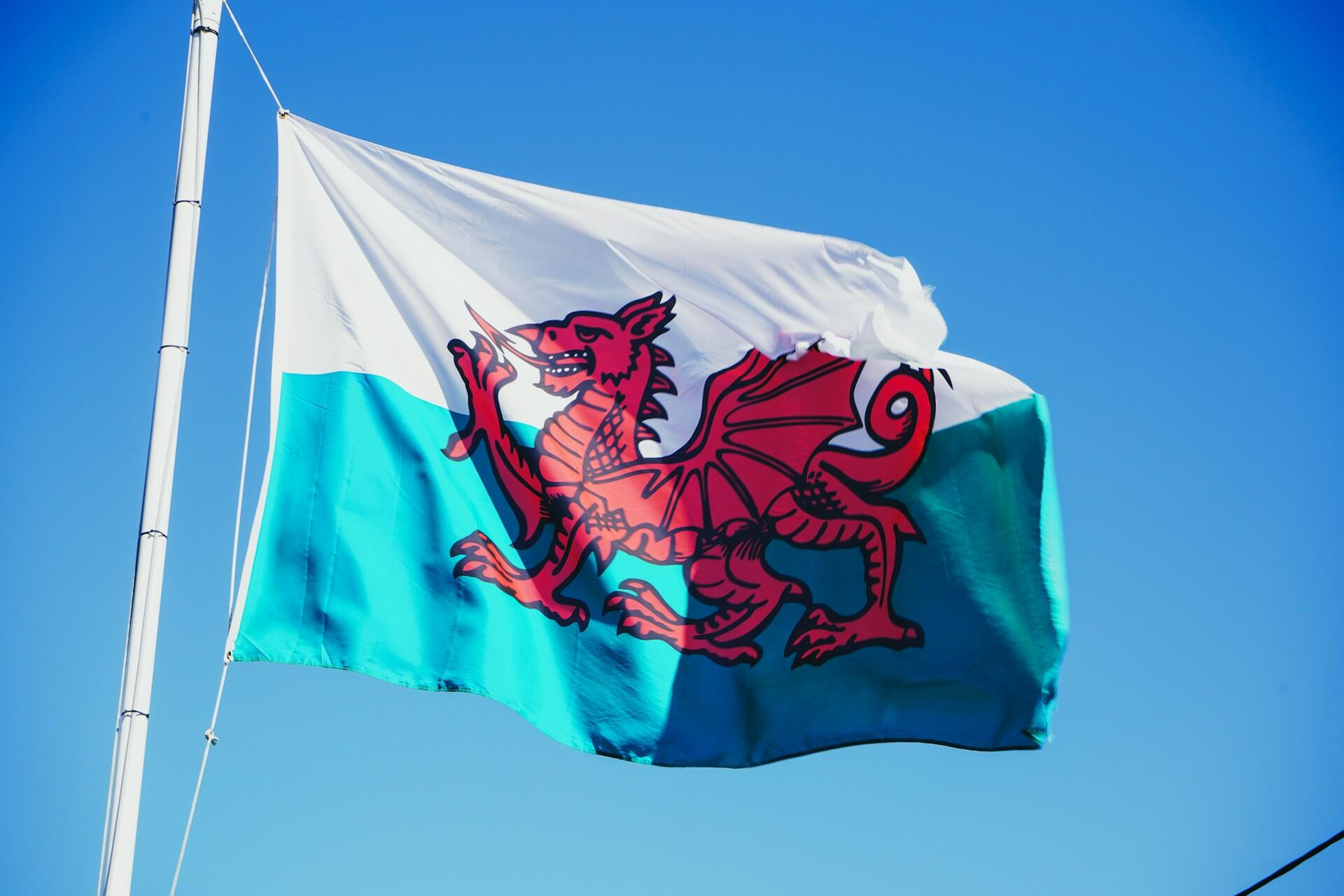The phrase 'a Welsh accent' is far too general to answer that question well. As noted above, Wales is a land of distinctive accents. The very British-sounding eastern Wales regions have a language pattern that sounds vastly different from the very Welsh speech of West Wales. Still, we can point to some common features that one hears across Wales.
What to Know About the Welsh Accent
- Welsh English tends to arrange English words according to Welsh grammar rules.
- Dialects and accents from Wales and England have influenced each other.
- Welsh English speakers often code-switch between their two languages.
- Because of the prevalence of English across Wales, people call this language Wenglish.

📖 Defining the Welsh Accent
Wales shares a land border with England, making language migration that much easier. Throughout Wales’ history, the English and Welsh languages co-mingled, resulting in an overlay of Welsh language particulars onto English. This brief timeline shows how long English dominion over Wales lasted, hinting at the impacts it obviously had on the Welsh language.
1057
Welsh king Gruffydd ap Llywelyn united all of Wales under one banner.
1284
The Statute of Rhuddlan formalised
English King Edward I gives Wales the right to its own government while keeping English common law in place.
1543
Laws in Wales Acts
King Henry VIII incorporates Wales into the Kingdom of England.
1967
The Welsh Language Act written into law
The United Kingdom Parliament gives Wales the right to use its own language in legal matters.
1998
The Government of Wales Act ratified and passed into law.
Wales creates its own government.
Nearly a millennium of English influence had a profound effect on Welsh language, culture and society. The same process fuelled the evolution of the Irish language and accent during and beyond the 16th-century Tudor invasion of Ireland.

However, the Irish didn't fare nearly as well as the Welsh in their English dealings.
Needless to say, speakers in areas closest to England saw good reasons for embracing English. However, they didn't do so at the cost of their Welsh language heritage. Instead, they became masters at shifting between English and Welsh.
Welsh Accent Code-Switching
Switching between languages isn't just a matter of recalling words and phrases in the target language and speaking them in their proper order. It involves an actual mind shift: a hop between cultures and the languages that describe them.
The practice of alternating between two or more languages in the same conversation, or even in the same sentence.
Like people who speak the London dialect at home and British English at work, Welsh English speakers tend to be quite prolific at code-switching. Linguists have determined they fall into one of three categories:
Welsh as a first language
- speakers are not as comfortable with English
- they dot their Welsh speech with English words
Equally proficient in both languages
- first language could be either English or Welsh
- switching is easy, done unconsciously
English as the first language
- speakers less proficient in Welsh
- tend to use Welsh words they're most familiar with
As a footnote to drive this point home: a 2005 study on Welsh code-switching classified Welsh English as a classic code-switching language. It happens more than you perhaps realise.
The North Welsh Accent
Much like every dialect and accent you hear across Britain, Welsh accents and dialects are regional. However, they follow a pattern that neither the Scottish nor Irish accents do: they mirror English accent variations.
South Wales and, especially, Cardiff, mirror southern England speech patterns.
The North Welsh accent copies northwestern English accents.
So, if you happen upon people in Mold or Wrexham - or anyone in Flintshire, you might recognise the Mancunian accent in the way they talk.
🏰 The Historical Welsh Accent Example
We might have jumped the gun a bit by placing the timeline of English influence on Welsh language and culture in our first chapter. But that just means our job is easier now, because we can get into the meat of things straightaway. 😊
Learning English for Economic Reasons
The Welsh people recognised early on that mastering English would pave the way to economic security. After all, the British Empire's reach was broad, and Wales' access to global markets was tiny. In fact, England gate-checked all Welsh enterprises (and collected its share of revenue from them).
Two major events led to Wales' open-armed adoption of English:
1. forced closure of monasteries that taught the Welsh language
2. The First Industrial Revolution
The latter was all the excuse Welsh workers needed to migrate to where the work was. They descended into the mines and sweltered in smelting shops, sending their money home.
Or, as most often was the case, they set up households around Manchester and all the way into Liverpool. Welsh dock workers there influenced the rhythm and sound of the Liverpool accent.
Speaking with a Welsh accent mainly relies on the distinctive letter sounds.
Grammar constructions and intonation are the same in British English, thanks to Wales' long involvement with the English language.
The Welsh Not
Driving for economic success meant that Welsh schoolchildren were punished in a variety of ways for using their native language in class.

The Welsh Not (right edge of the image, with white string) was a distinctive token that would be passed to every child who spoke Welsh during the lessons. At the end of the day, all the children who had held the 'not' that day would suffer some sort of punishment. Those ranged from writing lines to paddlings.
It must have been hard for the youngest pupils to speak Welsh at home and only English in school. To add insult to injury, their native language was beaten out of them! Good thing for them that they must have mastered code-switching early on. Those learners of yore now teach their kids and grandkids how to do the Welsh accent.
👨🎓 Aspects of the Welsh Accent
Instantly recognisable for her freckles and gap-toothed grin, Ms Myles has also been voted one of Wales' sexiest women for several years running. But it's her distinctive accent that steals the show every time. Well, that and the iconic Torchwood scene when she punches a baddie after informing them: "I'm Welsh!".👊
Eve presents a delightful Welsh accent example. You might have tuned your ear to the distinctive way she pronounces certain letters. To copy her way of speaking, apply these few rules.
The Welsh rules for consonants follow those that are fairly standard across British accents, save for extreme ones like Irish English or Scottish English. Vowel sounds are a bit more challenging to describe because they tend to vary by where in Wales they're spoken. The instructions above are general guidelines only:
This language has no silent letters.
It counts 28 letters, which may sound different when spoken in Welsh.
Letters K, Q, V, X, and Z do not feature in the Welsh alphabet (Z sounds like S).
The Welch alphabet's additional letters are doubled consonants: ch, dd, ff, ng, ll, ph, rh, th
😎 How to Do a Welsh Accent
Those few instructions, and even the video tutorial, aren't enough to endow you with Welsh accent credentials. The only way to earn those is to practise, and then practise some more. For that, you need a few authentically Welsh words and phrases.
Llanfairpwllgwyngyllgogerychwyrndrobwllllantysiliogogogoch
is the name of a town located on the Isle of Anglesey, in north Wales.
Nobody's saying that's the word to start practising your Welsh accent with! 😨 We only post it to give you a goal to aspire to.
That name's not just a random collection of letters all jumbled together. It means, roughly: "Saint Mary's Church in the hollow of the white hazel near a rapid whirlpool and the Church of St. Tysilio of the red cave". Historians believe that the name emerged in the 1860s, as a tourism publicity stunt, and it stuck.
Most people call that town Llanfairpwll or Llanfair PG, to keep things simple. 'Simple' is a fine place for you to start practising the Welsh accent - and the Scottish English accent, should you feel so inclined to learn it, too. You can then round out your Welsh-speaking practice with these iconic words and phrases.
| 📖Welsh word or phrase | 😎Pronounced | 🎯What it means |
|---|---|---|
| Bore da and P’nawn da | bor-eh daah pu-now-n daah | good morning good afternoon |
| cwrw | kooroo | ale or beer |
| Fy enw i yw _____ | vuh en-oo-ee iw _______ | My name is _______ |
| Os gwelwch yn dda | os goo-el-ooch uhn thaah | Please |
| Faint ydy hyn? | va-int iw hin | How much is this? |
| Mae’n ddrwg gen i | main throog gen i | I'm sorry |
| Oes ganddoch chi ... | o-is gan-thoch-ee ... | Do you have ... |
| Dwi isio | dwee-sho | I want |
| Beth mae ____ yn ei feddwl? | beth mai ___ uhn-ay-veth-ool | What does _____ mean? |
| Dwi’n siarad dipyn bach o Gymraeg | Do-een sha-rad dip-in bach oh gum-ra-ig | I speak a bit of Welsh. |
Summarise with AI:















